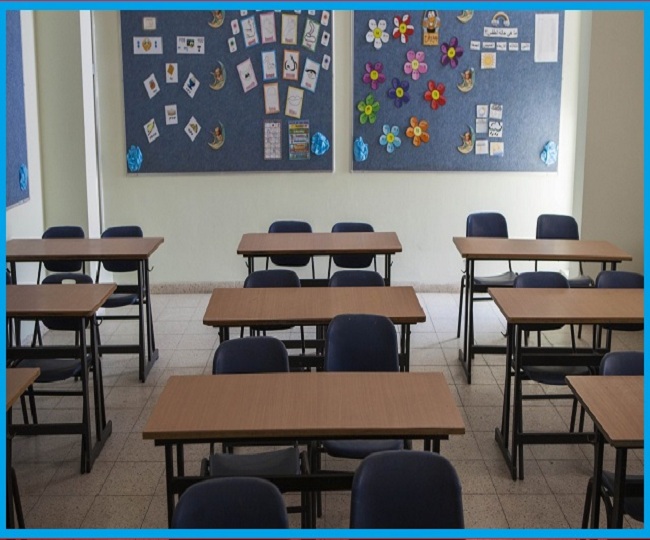
World Bank Global Education Director Jaime Saavedra has stated that there is no justification for keeping schools closed due to the pandemic and even if there are new waves, closing the schools should be the last resort. A report by Saavedra’s team tracking the impact of COVID on the education sector stated that there is no evidence that proves that reopening schools has impacted the surge in the COVID cases and schools are not a ‘Safe Place’.
Saavedra when speaking in an interview from Washington also pointed out that it does not make sense from a public-policy perspective to wait until children are vaccinated since there is no ‘Science’ behind it. He added that there is no relation between opening schools and the spread of COVID and there is no evidence linking the two and no justification for keeping schools closed. In Spite of a new wave of COVID, closing schools should be considered as the last resort.
He pointed out that it does not make sense to keep restaurants, bars, and shopping malls open and keep schools closed. As per simulations by the World Bank, Health risks for children in case of schools opening are low and the cost of closing schools is extremely high.
Impact of 2020
When speaking of the measures taken in 2020, Saavedra stated that in 2020 there was not a lot known about the pandemic and ways to combat it making the decision of closing schools the immediate reaction of most countries.
However, time has changed now and with evidence coming in from late 2020 and 2021 with several waves many of the countries have opened schools. He stated that the team has noted whether the opening of schools has impacted the transmission of the virus and new data shows that it does not. Many of the countries have had COVID waves when the schools were closed which shows that there has been no role of schools in the spike in cases. He further added that even if the kids get infected, fatalities and serious illnesses among children are extremely rare.
When asked about the concerns of children not being vaccinated yet Saavedra stated that there is no country that has put the condition of reopening schools after children are vaccinated however there is no science behind the same and it does not make sense from a Public Policy perspective.
Impact of school closing in India
When talking about the impact of schools closing due to the pandemic in India he stated that the impact is more severe than previously thought and the ‘learning poverty’ is likely to increase much more than anticipated.
He stated that in countries like India where inequalities in education were already prevalent before the pandemic and learning poverty levels were already huge, a lot is at stake. He further added that nearly two years later, schools remain closed for millions of children, and others may never return to school.
He also added that the loss of learning that many children are experiencing is morally unacceptable and the increase of learning poverty may have an impact on further productivity, earning, and well-being for the coming generation.
Suggestions to reduce long term learning loss
As a solution to the long-term learning loss caused by the closure of schools during the pandemic rationalization of the curriculum, reorganizing the academic calendar, preparing teachers for the huge task ahead has been suggested. It was stated that there is a need to have more data on learning loss from states and the country which will be in the form of personalized student-level learning data since the situation is diverse at the children level.
The focus on having personalized learning data is aligned with the best practices and as per the advice given by the World Bank to countries.

Comments
All Comments (0)
Join the conversation